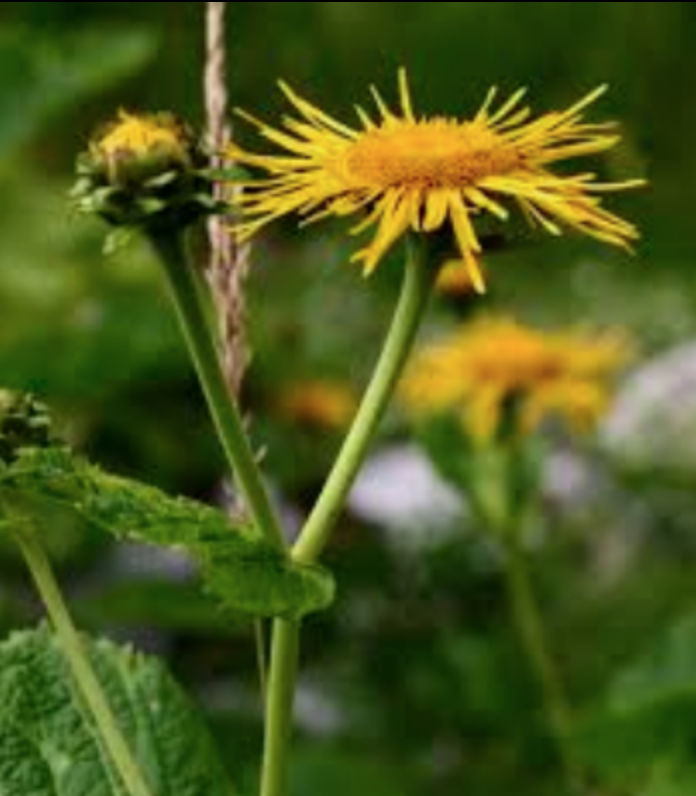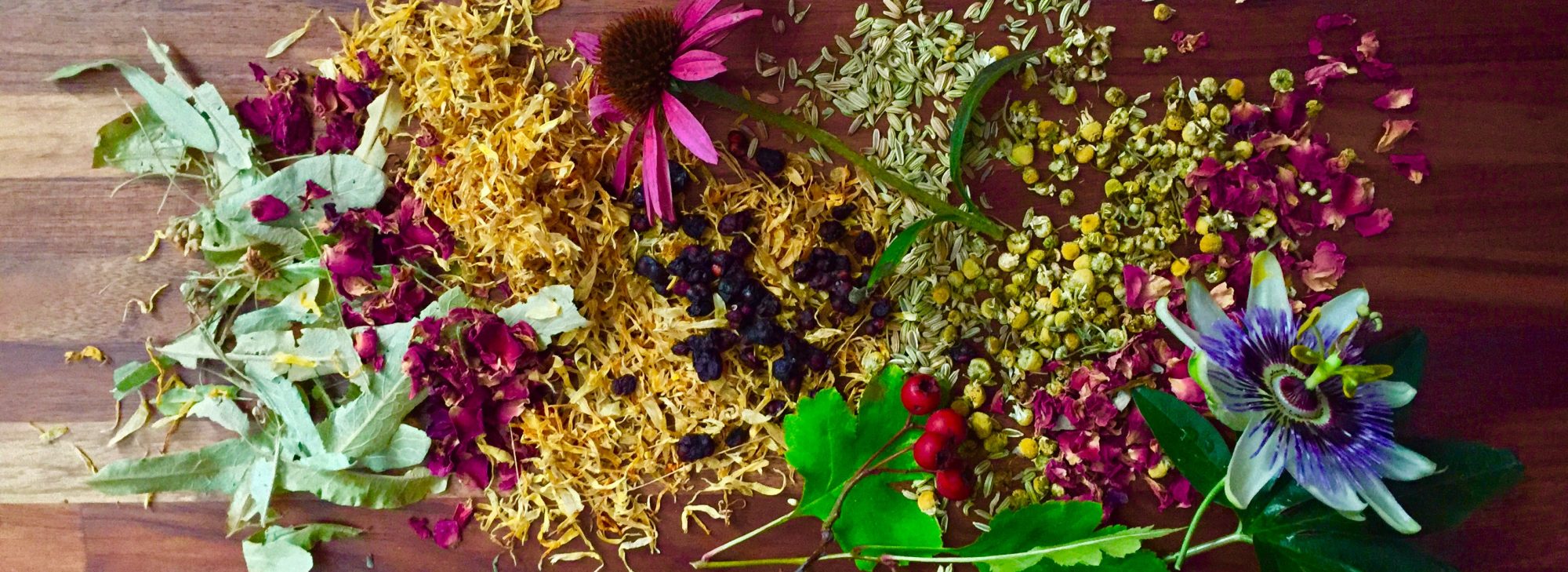Bearing in mind the current climate, I felt that now might be the time to write a blog post about convalescence (or recovery). Convalescence is an old-fashioned word, and quite an old-fashioned concept really, that doesn’t fit into today’s world of everything on demand. Put simply, it involves allowing the body (and often the mind as well) to rest and recover; after illness, a shock, a period of hard work/studying, training for sport, or after a long period of stress. If we don’t allow ourselves time to convalesce – and it is difficult with all the external pressures we have to get well, not to say the pressures we put on ourselves! – then it will take us longer to get back to normal and in some cases we might never quite get there.
An old-fashioned concept, and old-fashioned advice – if you want to get back to fighting fit, it’s all the things we know really: fresh air; light exercise; sunlight (we’ve been lucky recently!); a good, varied diet with plenty of fruit and veg, water, lean, good-quality protein and less processed, fatty or sugary foods; and cutting down on smoking and drinking to reduce the strain on the body. And of course, I’m going to try and explain how herbal medicine comes in.
Long term followers (and my patients) will know that medical herbalists treat everybody differently, and as with other conditions, I don’t have a bottle of one-size-fits-all “convalescence medicine”. It depends what the patient is recovering from, as well as their general health, any pre-existing conditions, their lifestyle and so on.
When the body is recovering from something, often one or more of its organs may have been damaged or put under strain, as a result of, for example, chemotherapy, a virus or other illness, or perhaps long term stress (leading to a stomach ulcer). I select the relevant herb(s) to support and in some cases help rebuild the structure of the lungs, the heart, the kidneys, the liver or the digestive or nervous systems. Some herbs are “trophorestorative” which means they restore the tissues of a certain part(s) of the body. They could be anti-inflammatory to inflamed membranes; contain constituents which the body can use as building blocks to restore structure and function to damaged parts; or help protect against further damage for example an expectorant to help the lungs expel any catarrh/phlegm. If someone has had to take a lot of medication for whatever reason then I can help support the organs with waste removal.
The next step I use in prescribing is to choose a type of herb which is classified as an adaptogen. There are lots of definitions of adaptogens but this is a simple one: they support your body and help it adapt to “stressors”. Those stressors can be physical; such as illness, environmental pollutants or even strenuous exercise; or they can be mental/emotional. They work on the HPA -axis – that’s the hypothalamic-pituitary-adrenal axis which is implicated in stress in the body. They may tone down the activity of over-functioning systems or increase the activity of under-functioning systems, leading to balance or normality in the body.
There are many different herbs that are classed as adaptogens, but as all herbs have many more than one medicinal action, we use a different adaptogen (or adaptogens) in different circumstances. For example, I use one adaptogen when there has been a lung condition, a different one when keeping white blood cell levels up during chemo, or another if stress is causing insomnia. Often I may use two or even three adaptogens if I feel they are required for a patient. There’s been a fair amount of research into the use of adaptogens in sport so I use these for my patients who train hard! Adaptogens gently increase the energy reserves of the patient without “writing cheques the body can’t cash” – it’s not like having an espresso and being able to stay awake to finish a film or an essay, more like suddenly realising over the last week you’ve gradually been able to do a little more without having to have a nap in the afternoon, or falling asleep in front of the TV.
The next stage in formulating my prescription is to focus on those annoying residual symptoms after the main illness/situation has finished. These could include:
- an injury or niggle from overtraining,
- low energy after a virus or long period of hard work/studying,
- digestive symptoms like a stomach ulcer from stress,
- leftover catarrh or phlegm from a chest complaint or flu,
- Problems sleeping after an emotional upset
As always, I’d choose whichever herbs are relevant to the patient in front of me.
Finally, I look at emotional support - really important (but often forgotten about) in convalescence. How frustrating is it when you start to feel better but still can’t quite do what you used to? Sometimes patients have had a real fright and find that they are tearful, scared, angry, grieving even. They can be anxious, depressed, lacking in motivation, having trouble sleeping. They might blame themselves for whatever has happened, or they might be pushing themselves too hard to get back to the (home) office or gym. There are so many herbs that are used for emotional support and it really does depend on the individual person as to which ones I choose.
So, I've spoken about how I go about building a herbal prescription, which varies for each person, as they could be consulting me after a virus, during or after chemotherapy, after a long period of stress or hard work, or maybe training for sport. They will have a different story, different symptoms (both physical and emotional), and a different past medical history.
This means that a first consultation involves a lot of questioning on my part to ensure I get a full picture of you and can choose the most appropriate and safe herbs for your prescription. For an adult this tends to last an hour. At present I'm taking new patients via Zoom so you can be in the comfort of your own home! I then post your prescription out to you and provide a detailed report of the rationale behind the herbs you will be taking.
Usually when I see a patient, I see them two weeks later, then every 4-6 weeks after that. However, in more acute situations where symptoms can be changing on a daily and weekly basis, I prefer to speak to a patient weekly (and keep in contact in between) so their medicine is up to date for their needs.
If you are interested in how herbal medicine can help with your recovery, have a look at my website www.billericayherbal.com for more info. If you'd like to discuss it with me, you can message me on Facebook (@BillericayHerbal), email me at info@billericayherbal.com or phone me on 07596 842642. I look forward to helping you get back to normal!


